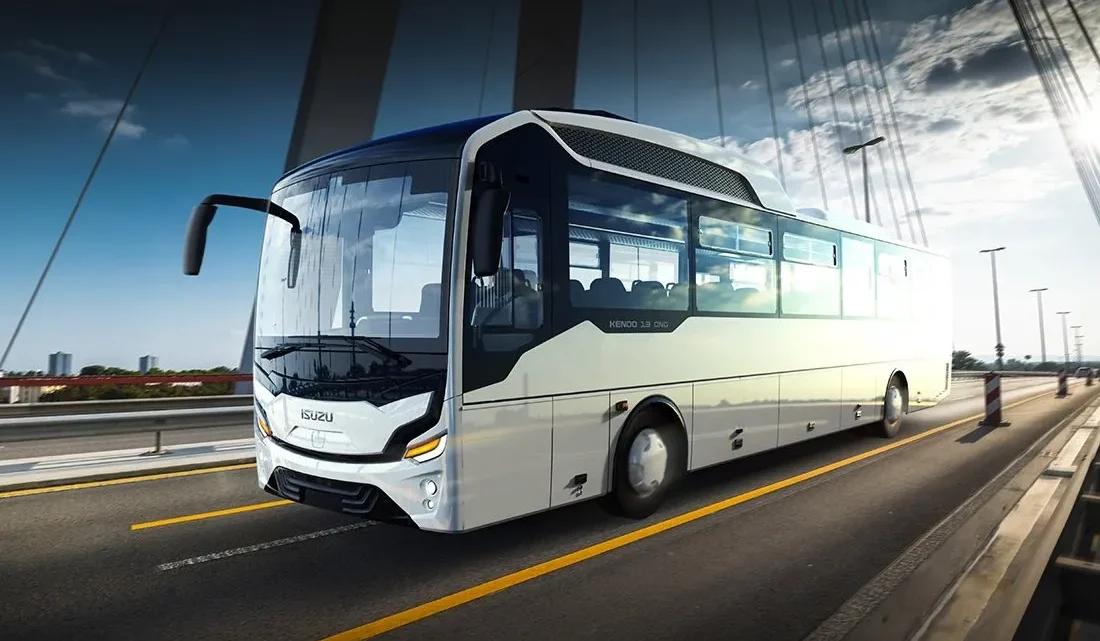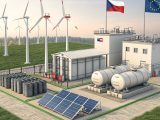
Zero-Emission Technology: Cummins and Anadolu Isuzu Kick Off H2-ICE Coach Test
October 8, 2025You might’ve heard of hydrogen fuel cells, but here’s a twist: on 01 October 2025, Cummins will bolt its prototype hydrogen internal combustion engine (H2-ICE) into a commercial coach by Anadolu Isuzu and fire it up on Turkey’s roads. It’s more than a demo—it’s a hands-on test of zero-emission technology showing that heavy vehicles can be clean, powerful and part of the shift to sustainable energy.
Test Overview
This October in Istanbul, engineers will check fueling speed, power output and tailpipe emissions (spoiler: only water vapor). Ditching fuel cells, the H2-ICE burns hydrogen directly. Cummins and Anadolu Isuzu are gathering durability, drivability and efficiency data to see if this setup can handle real-world demands before going commercial.
How Hydrogen ICE Works
Under the hood, the H2-ICE mirrors a diesel: hydrogen injection, spark ignition and mechanical output. To tame hydrogen’s low density and fast burn, they’ve fortified valves, tweaked injectors and added a robust hydrogen storage module. You get quick fill-ups and reuse existing factories, but thermal efficiency still trails fuel cells—a gap this demo aims to size up.
Strategic Implications
For Cummins, partnering with Anadolu Isuzu drives home its push into sustainable energy beyond batteries. They’re treating H2-ICE as a bridge for long-haul runs where battery weight or scarce charging stops don’t cut it. Anadolu Isuzu, meanwhile, beefs up its alternative-fuel coach lineup, drawing in operators facing tougher industrial decarbonization mandates in Europe and the Middle East.
Challenges and Outlook
It’s not smooth sailing: H2-ICE still lags fuel cells on efficiency, so hydrogen use and costs will be under scrutiny. A solid hydrogen infrastructure is vital, and green hydrogen scale-up is critical for real emissions gains. If the test pays off, Turkey could see local supply chains—from coach builders to refueling sites—get a boost, create jobs and nudge clean transport forward.
When that coach roars to life, it could fast-track approvals and help fleets judge if H2-ICE belongs in their toolbox. For now, all eyes are on Turkey this October, where familiar engine tech meets a zero-emission future.



 With over 15 years of reporting hydrogen news, we are your premier source for the latest updates and insights in hydrogen and renewable energy.
With over 15 years of reporting hydrogen news, we are your premier source for the latest updates and insights in hydrogen and renewable energy.